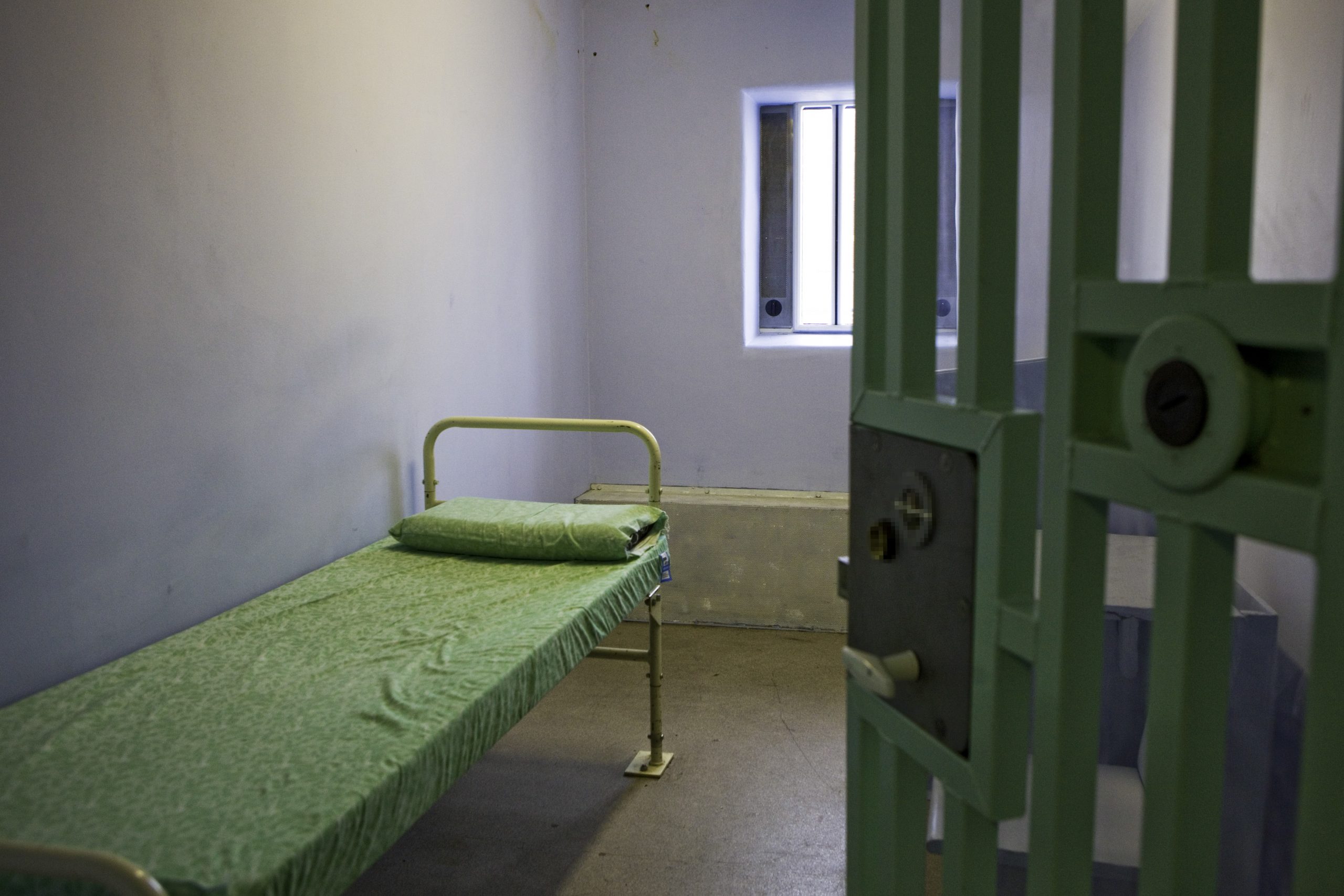Missing forensic evidence looks to jeopardise the trial of convicted rapist Dominique Pelicot for a 1991 murder case in which he is the prime suspect. Clothing belonging to Sophie Narme, who was raped and strangled in her Paris apartment at the age of 23, was thought to be being stored in a Paris courthouse. Prosecutors in France believed advanced DNA technologies would be able to identify Pelicot as the offender, but the evidence is now thought to have been lost by police.
Pelicot is already serving a 20-year sentence for raping his wife, Gisèle Pelicot, and inviting dozens of strangers to their house to also rape her while she was drugged. He denied involvement in the 1991 murder, but is also being investigated for a 1999 rape also in Paris. In this case he has admitted sexual assault but not rape. A legal technicality means if the evidence in the Narme case cannot be located, the 1999 case will also be dropped.
In the UK, recent research by the BBC, alongside the University of Leicester, has revealed stark data on the numbers of cases which have been dropped due to lost or missing forensic evidence. Data from the Crown Prosecution Service (CPS) showed ‘concerning levels’ of cases discontinued because of the loss of valuable forensic evidence, including 1% of homicides and just over 1% of sexual offences. In 2021-2022 alone this included 16 homicides and 123 sexual offences. This is particularly concerning because these comprise not cases where investigations have been abandoned, but cases where the CPS is proceeding to trial against identified defendants.
The latest figures show a worsening of the situation, with over 30,000 prosecutions not resulting in a conviction as a direct result of missing evidence recorded between October 2020 and September 2024, including 70 homicides and 554 sexual offences. This represents just over 2% of all prosecutions nationally, although there are variations between police services, with the Metropolitan Police having 4.6% of cases dropped because of missing evidence.
Dennis Eady, an investigator of miscarriages of justice told a recent Westminster Commission on Forensic Science that lost or ‘disappearing material’ was now a bigger problem than disclosure, mentioning examples where flood damage in police stores had destroyed evidence, and CCTV footage had gone missing. Such losses mean there is no way of pursuing such cases further, exemplified by the case of Roger Kearney, who protests his innocence in the murder of Paula Poolton from prison, the crucial evidence that could overturn his conviction having been ‘lost’ by the police.
In their overarching review of criminal appeals, The Law Commission have suggested that ‘requirements for the preservation of evidence need a much firmer legal foundation’, and invited consultation responses on the creation of a national forensic archiving framework.







